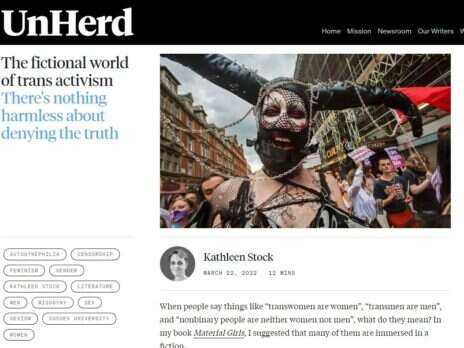
Freed WikiLeaks founder Julian Assange said he expected further “smears” and a potential indictment from the US on his first day under house arrest.
The 39-year-old whistleblower was let out of prison yesterday after a judge ruled he should be released ahead of Swedish extradition proceedings in the new year.
Speaking from outside Ellingham Hall, the Suffolk mansion of former journalist and founder the Frontline Club Vaughan Smith where he has been bailed, he vowed to “continue his work and protest his innocence”.
He said he expected further leaked information relating to claims of sexual assault against him to be made public some time today and he also indicated that the US is preparing to indict him on espionage charges.
“We have heard from one of my US lawyers, yet to be confirmed, but a serious matter, that there may be a US indictment for espionage for me, coming from a secret US grand jury investigation,” he said.
“Obviously it is extremely serious, and one of the concerns that we have had since I have been in the UK is whether the extradition proceeding to Sweden is actually an attempt to get me into a jurisdiction which will then make it easier to extradite me to the United States.”
A spokeswoman from the US Department of Justice would only confirm that there is “an ongoing investigation into the WikiLeaks matter”.
Assange is wanted in Sweden for alleged sex offences which he denies. His lawyers have accused the Swedish authorities of waging a “vendetta” against him.
Earlier this week at City of Westminster Magistrates’ Court he was granted bail pending the bid to extradite him.
But the whistleblower remained in prison while the authorities challenged his release at the High Court in London, arguing that there was “a real risk” he would abscond.
However, yesterday Mr Justice Ouseley released Assange after rejecting submissions that the risk he posed made it impossible to set him free.
The judge said his co-operation with police suggested he was not “a person who is seeking to evade justice” and accepted offers by Assange’s supporters to stump up £200,000 as a cash deposit and a number of other sureties.
The WikiLeaks founder was greeted by cheers from his supporters as he emerged from court and thanked “all the people around the world who had faith in me”.
He also gave thanks to his legal team who “put up a brave and ultimately successful fight” and paid tribute to “the British justice system itself, where, if justice isn’t always an outcome, at least it is not dead yet”.
He said that during his nine days behind bars – the majority of which he spent in solitary confinement – he had time to “reflect on the conditions of those people around the world, also in solitary confinement, also on remand, in conditions that are more difficult than those faced by me”.
He added: “Those people also need your attention and your support, and with that I hope to continue my work and to continue to protest my innocence in this matter and to reveal, as we get it, as we have not yet, the evidence from these allegations.”
Assange’s solicitor Mark Stephens said he was “utterly delighted” with the judge’s ruling, but added: “We think it was an unnecessary appeal … and it really evidences part of a continuing vendetta on the part of the Swedes against Julian Assange.”
Bail conditions require Assange to remain in the country until the extradition hearing next year.
Assange made powerful enemies around the world and received death threats after his website published 250,000 sensitive United States diplomatic cables.
His supporters regard him as one of the most important campaigners for Freedom of Information and human rights.
The extent of the high-profile support for Assange was revealed by those who agreed to provide bail sureties.
Mr Stephens said they came from Australian journalist Phillip Knightley, publisher Felix Dennis, Sir John Sulston, Lord Matthew Evans and Professor Patricia David.
Two substitute sureties on stand-by are lawyer Geoff Shears and the Marchioness of Worcester.
Email pged@pressgazette.co.uk to point out mistakes, provide story tips or send in a letter for publication on our "Letters Page" blog






